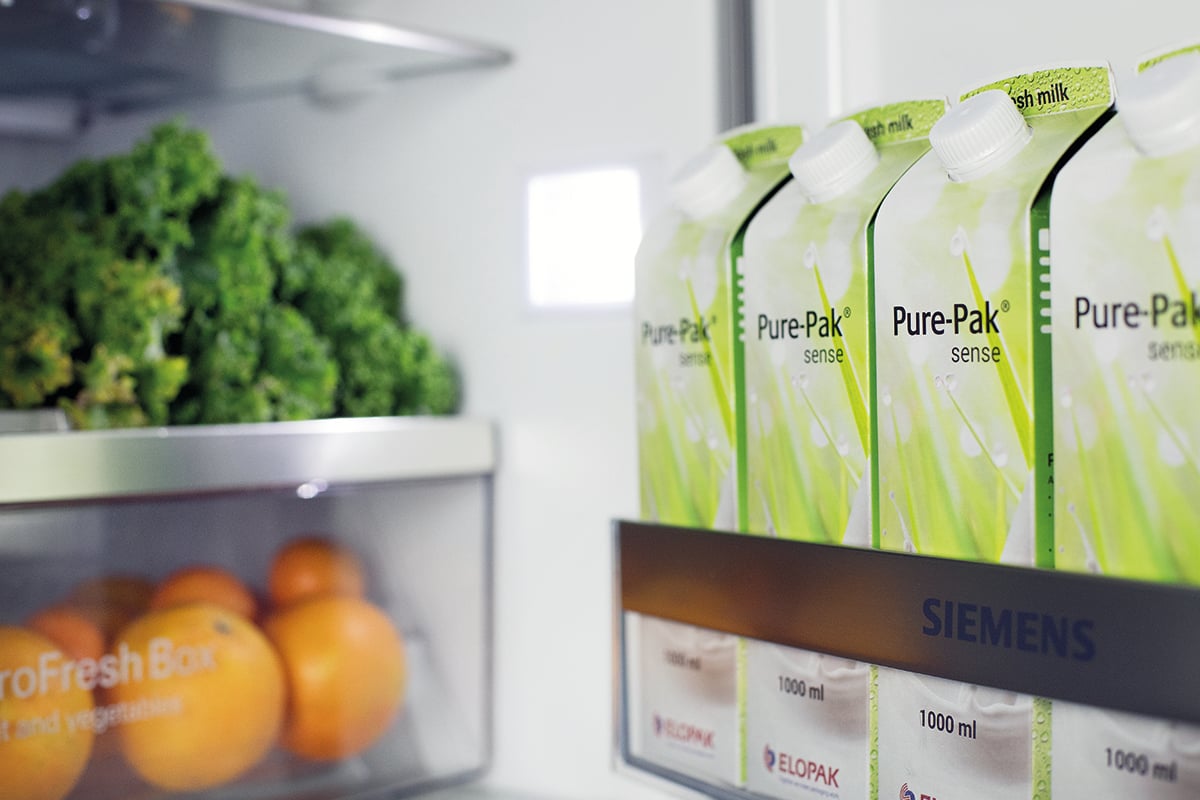Consumers are increasingly aware of their impact on the environment and the environmental cost of consumption. According to March 2019 research by market research company GlobalWebIndex, media stories on climate change and documentaries such as Cowspiracy and Before the Flood have: “helped to broaden consumers’ awareness and knowledge of the issue in ways that the scientific community or the government would struggle to do alone.”
Consequently, Research and Markets, the world’s largest market resource store, reports that sustainable packaging is expected to grow on every continent in the next few years. David Luttenberger, Global Packaging Director at Mintel, a London-based market research company, observes that consumers around the world increasingly expect brands to “do the right thing” by creating environmentally responsible packaging.

Growing consumer awareness drives new behaviours
As consumer awareness of issues like ocean plastics and micro-plastics increases, they’re becoming more and more concerned with the packaging of products. Luttenberger believes the rise of “Moral Brands” that conduct their business in environmentally responsible ways will be a key consumer trend over the next few years. “Consumers are increasingly buying not just products, but they are buying into brands and companies, specifically those that exhibit a positive ethos toward the environment, including packaging.”
Consumers who choose sustainable packaging overwhelmingly do so out of concern for the environment and a desire to reduce waste. In the U.S. and U.K., GlobalWebIndex reports that just over 70% of consumers who care about sustainable packaging cite concerns for the future of the environment and about 60% also say they don’t want to be wasteful.
Packaging innovation answers consumer demands
As of October 2019, over 400 brands have signed the Ellen MacArthur Foundation’s New Plastics Economy Global Commitment pledge, which requires brands to have 100% recyclable, reusable or compostable packaging by 2025. Luttenberger cites MacArthur signatory Unilever’s successful move to compressed can technology for Rexona deodorant as an example of how good brand education can encourage consumers’ shift to sustainable packaging.
The London-based firm paired the change with a consumer education campaign to reassure consumers that they were getting the same amount of product as before even though the can’s size had decreased by 50%. This successful campaign allowed Unilever to expand the compressed can technology beyond the UK and into other products, with the result that consumers now recognise cans with green stripes as compressed can products.
Unilever’s consumer education effort with the Rexona packaging was essential to building its sustainability credibility. “It is paramount from a brand equity position that consumers understand that any cost savings incurred from a sustainable packaging initiative (such as lower procurement costs, reduction in operating energy, etc.,) are not just benefitting the brand,” explains Luttenberger. “Consumer buy-in, and then reward with repeat purchase consideration, is greater if they believe there is a benefit to the greater good.”
Winning wallet share through sustainability credibility
Some evidence indicates that brands which establish their sustainability credentials will be rewarded with long-term consumer loyalty, especially from younger consumers. According to GlobalWebIndex, 60% of Gen Zs and 63% of Millennials would pay more for sustainable or eco-friendly products, which makes these age cohorts the most likely to be willing to pay a price premium for eco-friendly products.
Even more importantly, even though both Mintel and GlobalWebIndex find that affordability trumps sustainability at every age, Mintel also finds that “consumers expect brands to do the right thing and operate in an environmentally responsible way – which includes environmentally responsible packaging,” and that they “will often deselect brands that are not doing the right thing from an environmental perspective.”
As customers come to value products that are both environmentally responsible and convenient, brands whose products and packaging are both aesthetically pleasing and functional will win. The shift to consumers voting with their wallets to support brands using green packaging — and turning away from brands that aren’t doing so — is inevitable. Just as consumers have begun ditching plastic water bottles in favour of reusable alternatives, so too will they eventually scrutinize product packaging and factor it in to purchase decisions.
Text: Lorelei Yang
